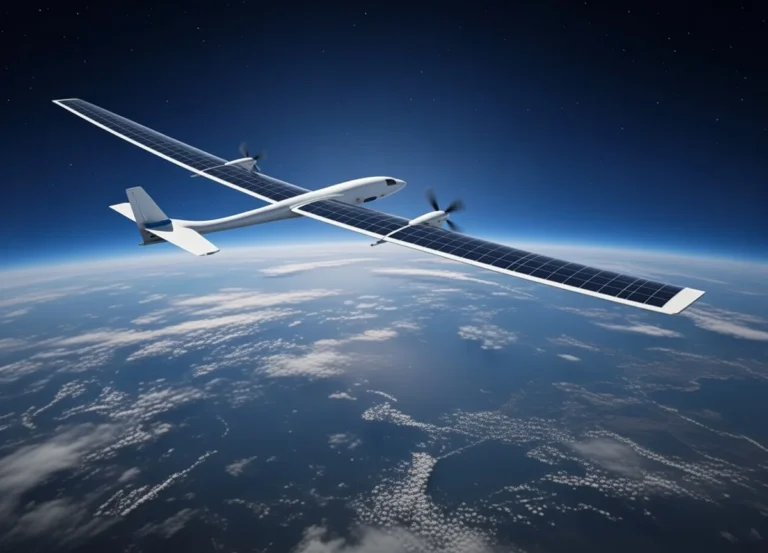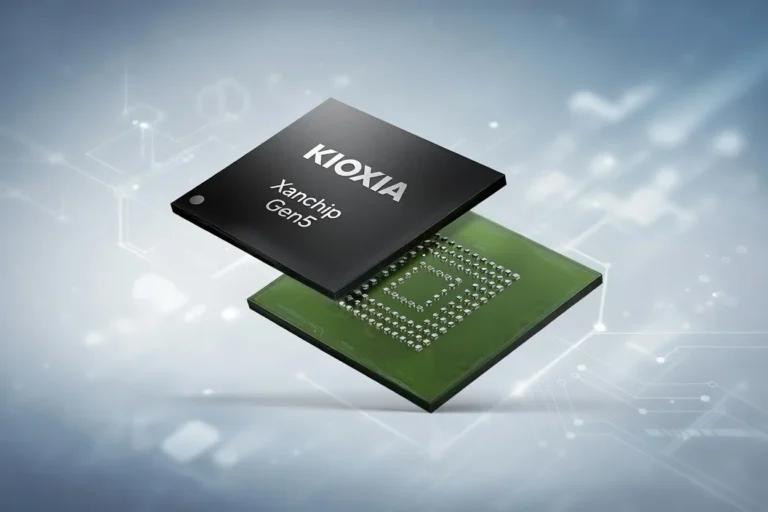
Germany Accelerates Industrial AI With NVIDIA and Deutsche Telekom
Industrial AI is picking up speed—and Germany is stepping firmly into the fast lane.
Following appearances at London Tech Week and GTC Paris at VivaTech, NVIDIA founder and CEO Jensen Huang continued his European tour with a significant stop in Germany. There, he met with Chancellor Friedrich Merz to announce a series of new partnerships aimed at launching the world’s first industrial AI cloud.
At the center of this initiative is an AI factory to be built in Germany and operated by Deutsche Telekom. This facility will empower Europe’s industrial leaders to revolutionize core manufacturing processes, including design, engineering, simulation, digital twins, and robotics.
“In the AI era, every manufacturer needs two factories: one to build products, and another to build the intelligence behind them,” said Huang. “With Europe’s first industrial AI infrastructure, we’re enabling the continent’s leading companies to move toward simulation-first, AI-driven manufacturing.”
Timotheus Höttges, CEO of Deutsche Telekom, emphasized the urgency of Europe’s technological transformation. “Europe’s future in technology demands speed, not caution. We must embrace AI now—transform our industries and secure our place in the global tech race,” he said. “Our economic success hinges on swift decisions and collaborative innovation.”
This initiative marks Germany’s largest AI deployment to date, playing a critical role in the country’s ambition to establish sovereign AI infrastructure. The factory’s initial phase will feature 10,000 NVIDIA Blackwell GPUs, including NVIDIA DGX B200 systems and RTX PRO Servers, powered by NVIDIA networking and AI software.
NEURA Robotics and the Rise of Physical AI
A key beneficiary of this infrastructure is NEURA Robotics, a German company leading in physical AI and cognitive robotics. The new computing resources will fuel NEURA’s cutting-edge training centers for cognitive robots—an example of how connected AI infrastructure can drive real-world robotic intelligence.
At the heart of NEURA’s efforts is the “Neuraverse,” a networked ecosystem where robots can continuously learn from one another across both industrial and domestic applications. The platform functions like an app store for robotic skills—ranging from welding to ironing—allowing for ongoing updates and deployment in live environments.
“Physical AI is the electricity of the future—it will power every machine on Earth,” said David Reger, founder and CEO of NEURA Robotics. “This partnership helps Europe build the sovereign AI infrastructure it needs to lead in robotics and secure its technological independence.”
Laying the Groundwork for Germany’s AI Future
A recent Deloitte study underscores the strategic importance of expanding data center capacity in Germany, noting that demand is expected to triple to 5 gigawatts within five years. The new AI factory is a major step toward meeting that need.
Deutsche Telekom will manage the facility, providing AI cloud computing services to industrial players across Europe. Users will have access to powerful tools such as NVIDIA CUDA-X libraries, along with RTX- and Omniverse-enhanced software from partners like Siemens, Ansys, Cadence, and Rescale.
The benefits extend beyond large enterprises. Germany’s vibrant Mittelstand—its network of small and medium-sized businesses—as well as universities, research institutes, and tech startups, will all gain access to cutting-edge AI resources. This AI factory promises to be a springboard for innovation, productivity, and global competitiveness.





